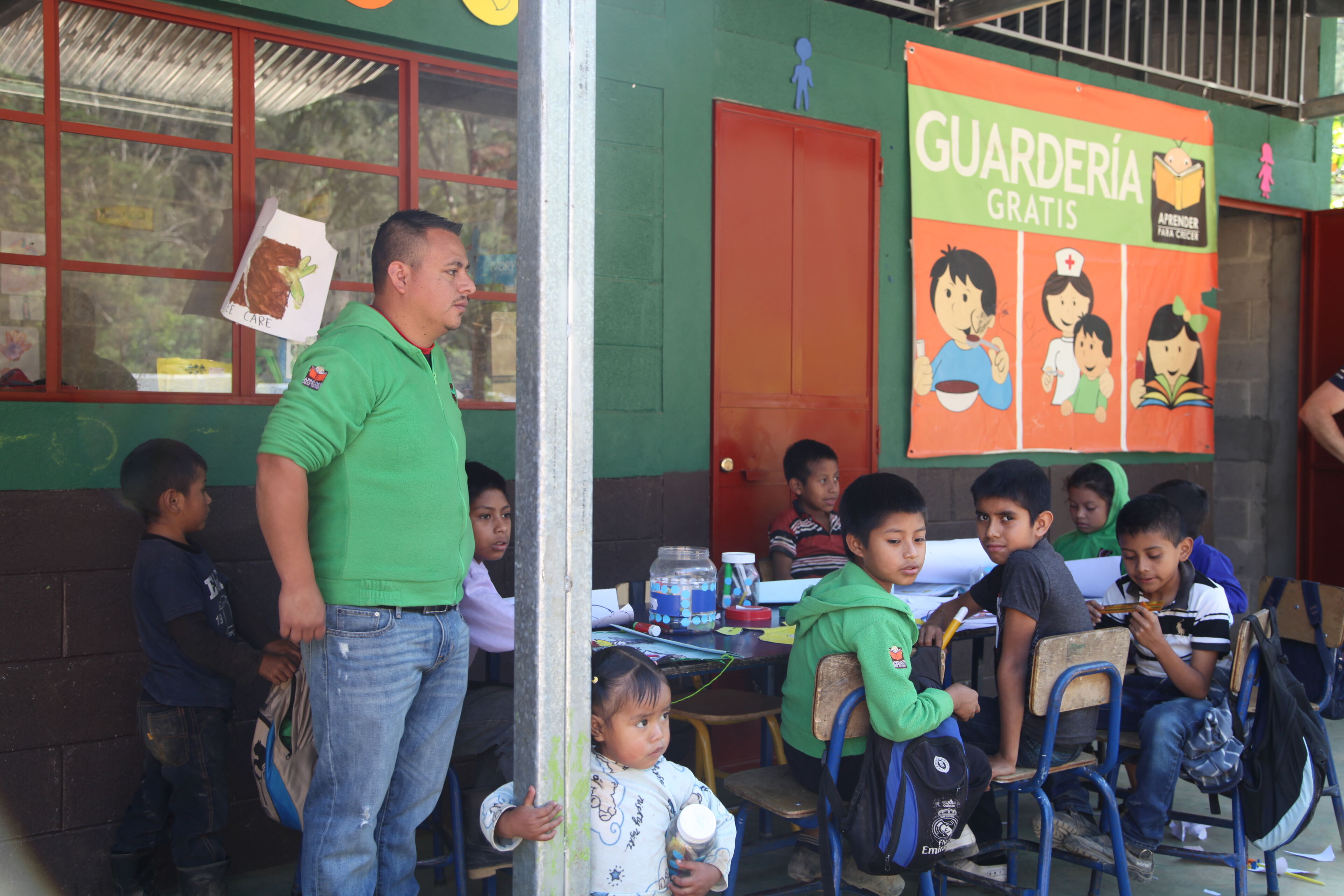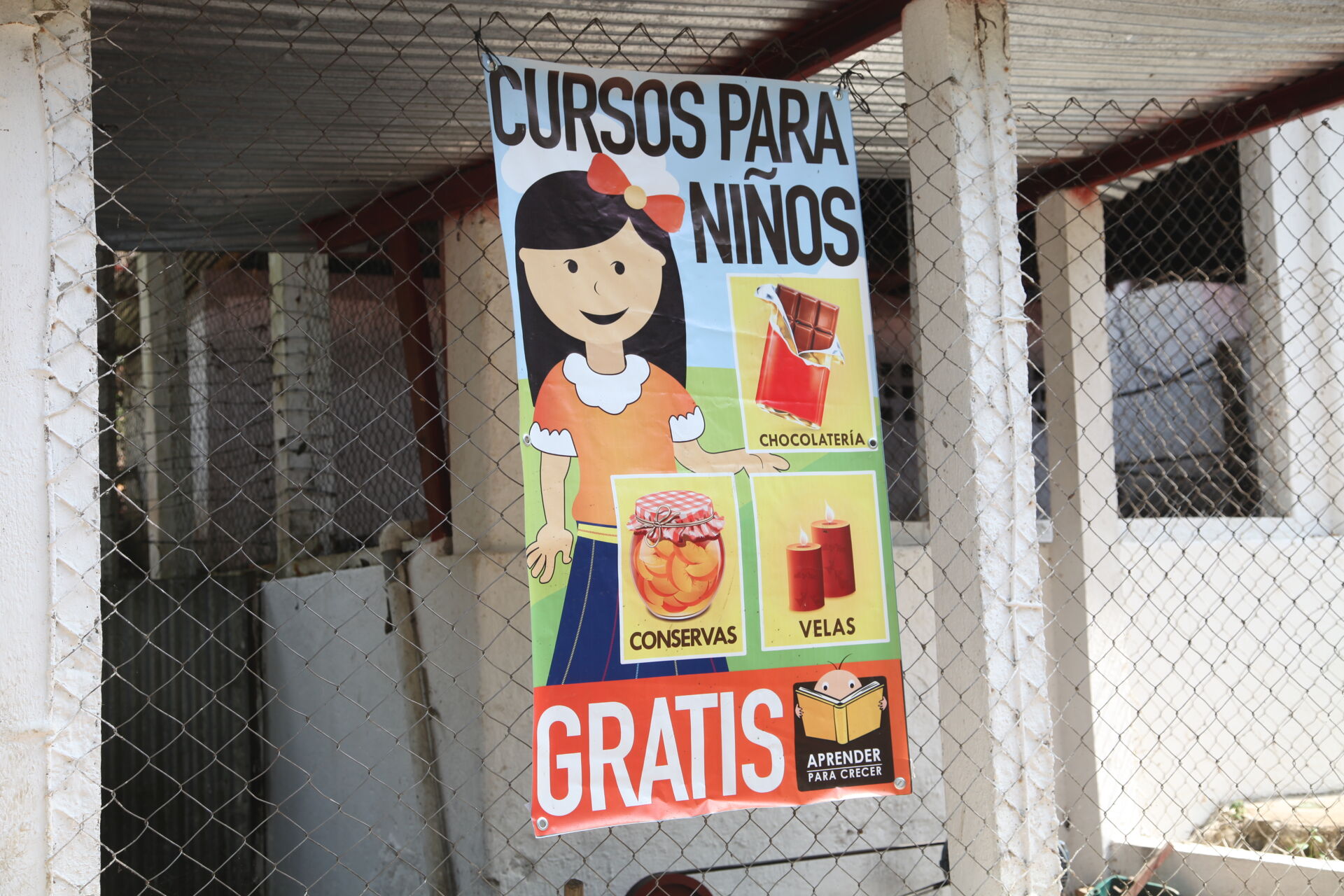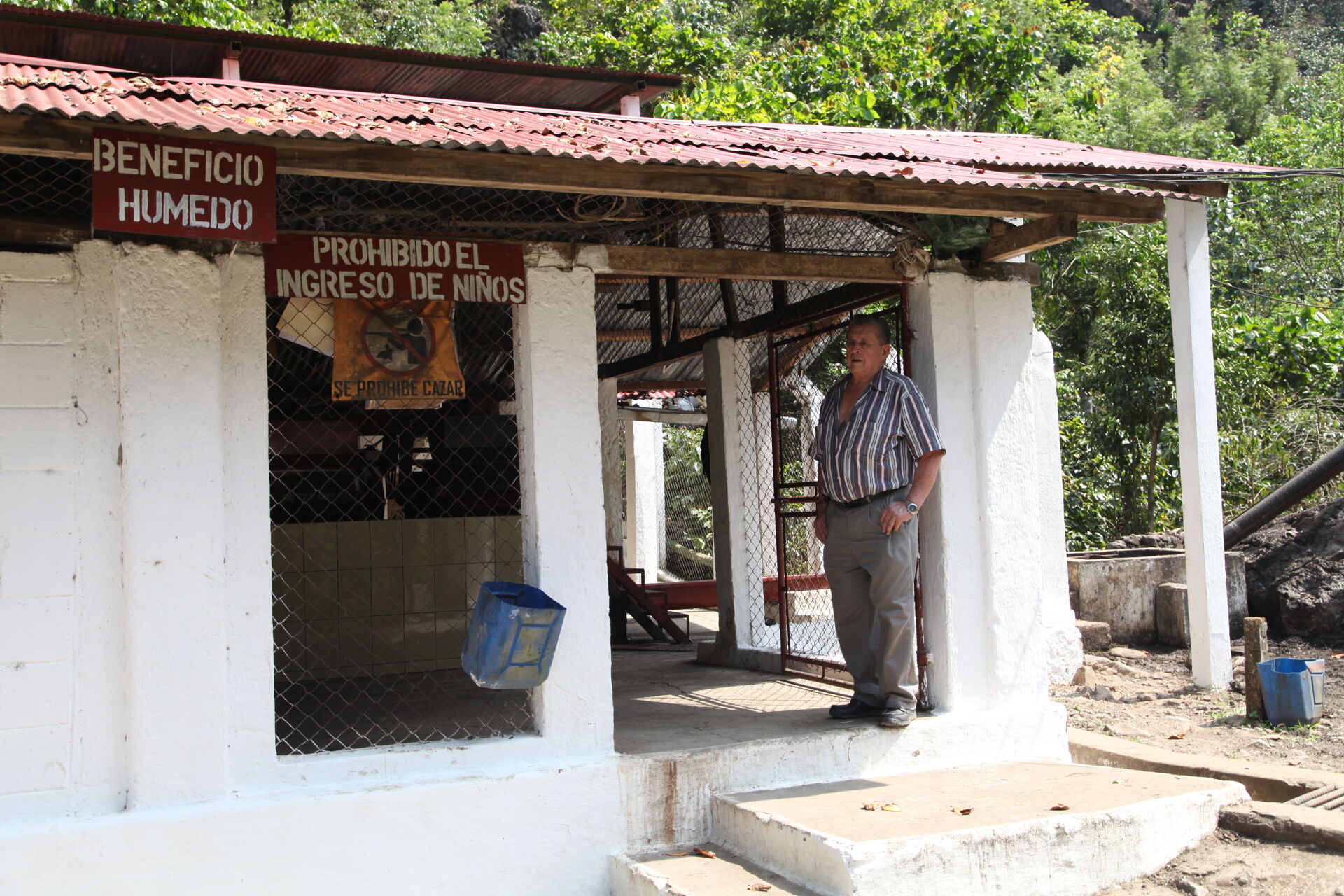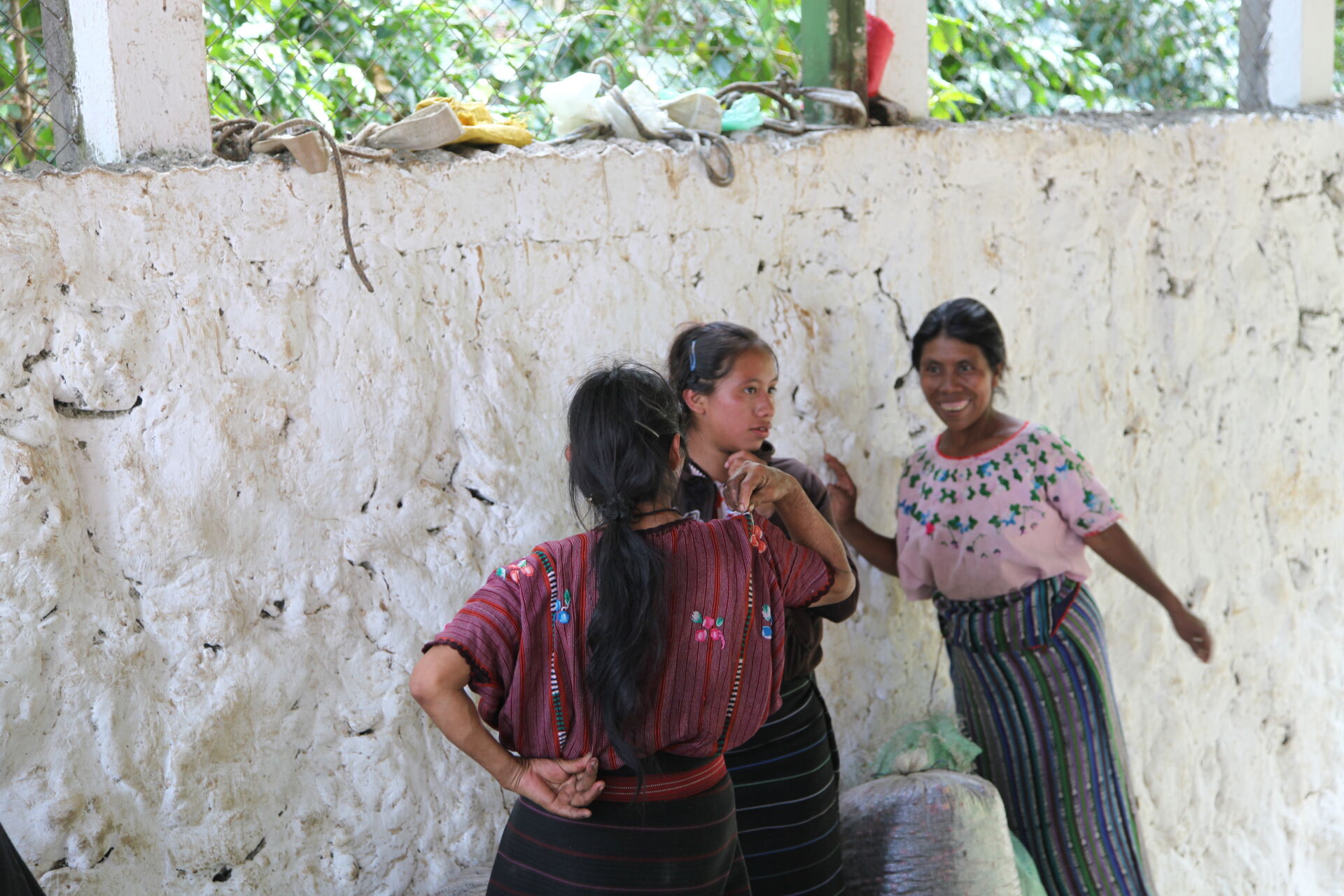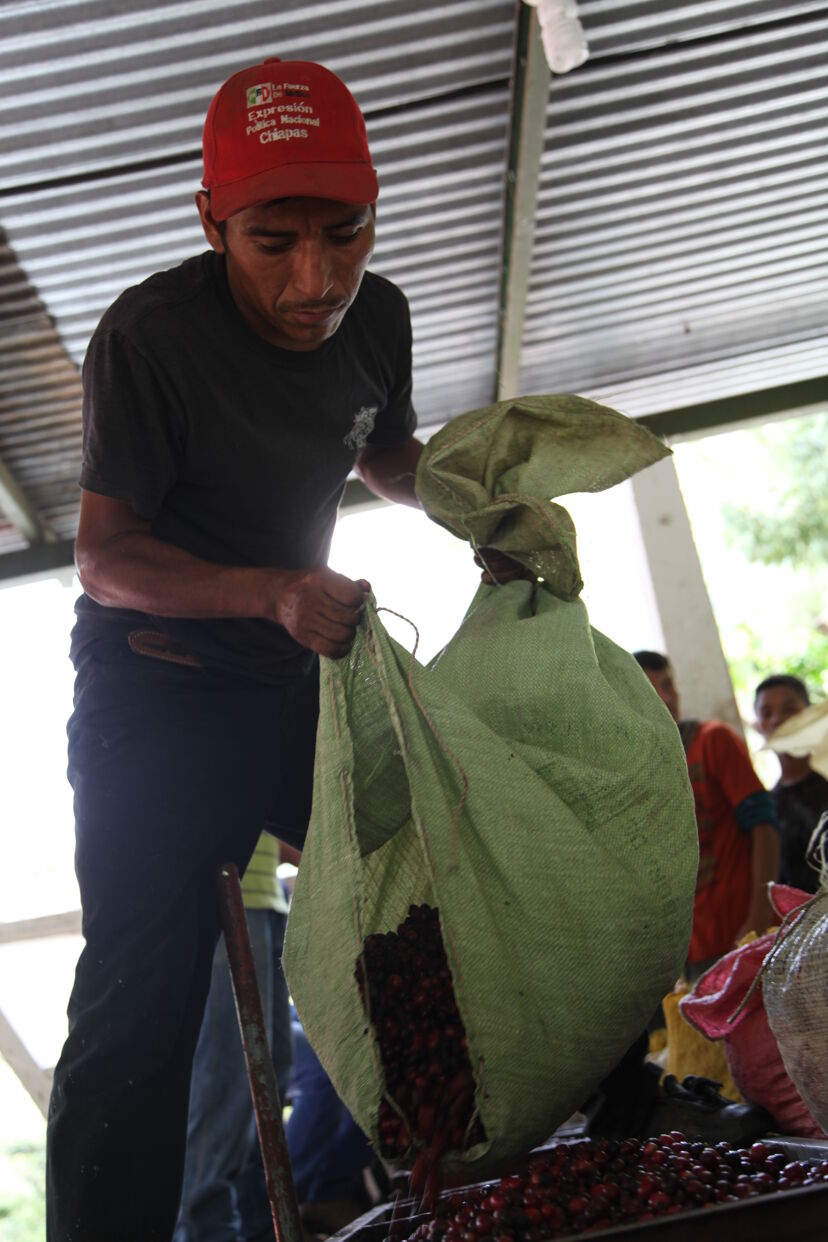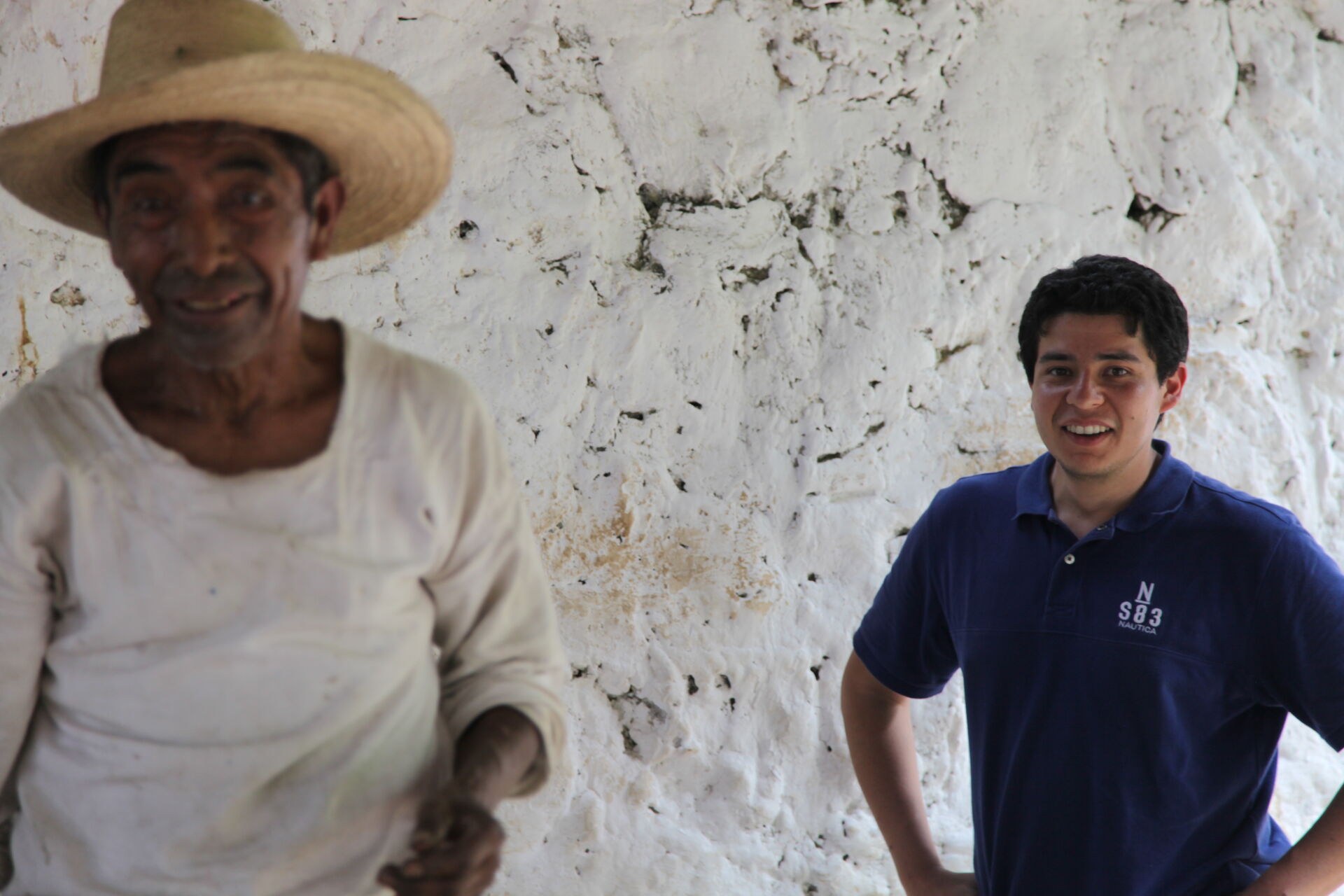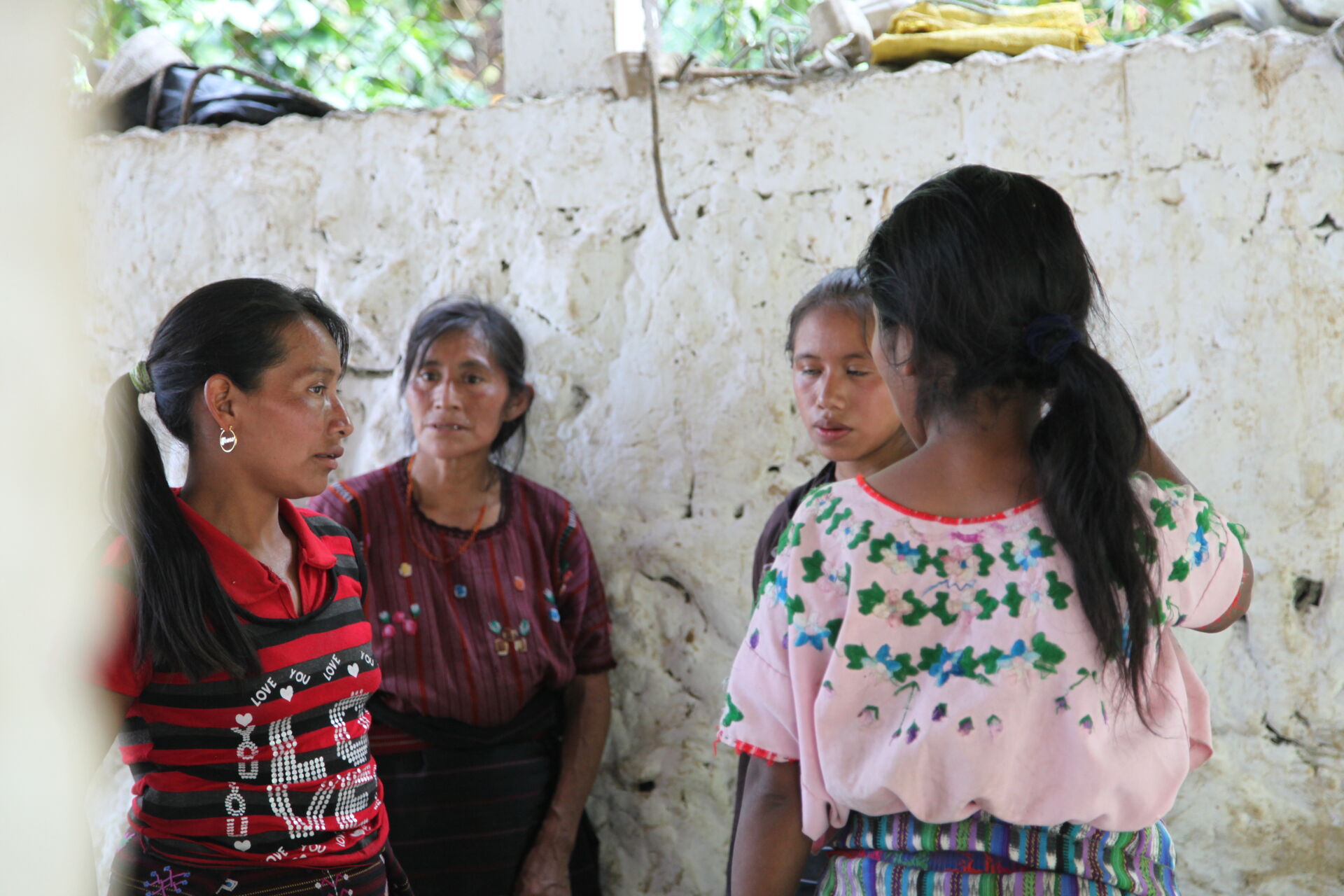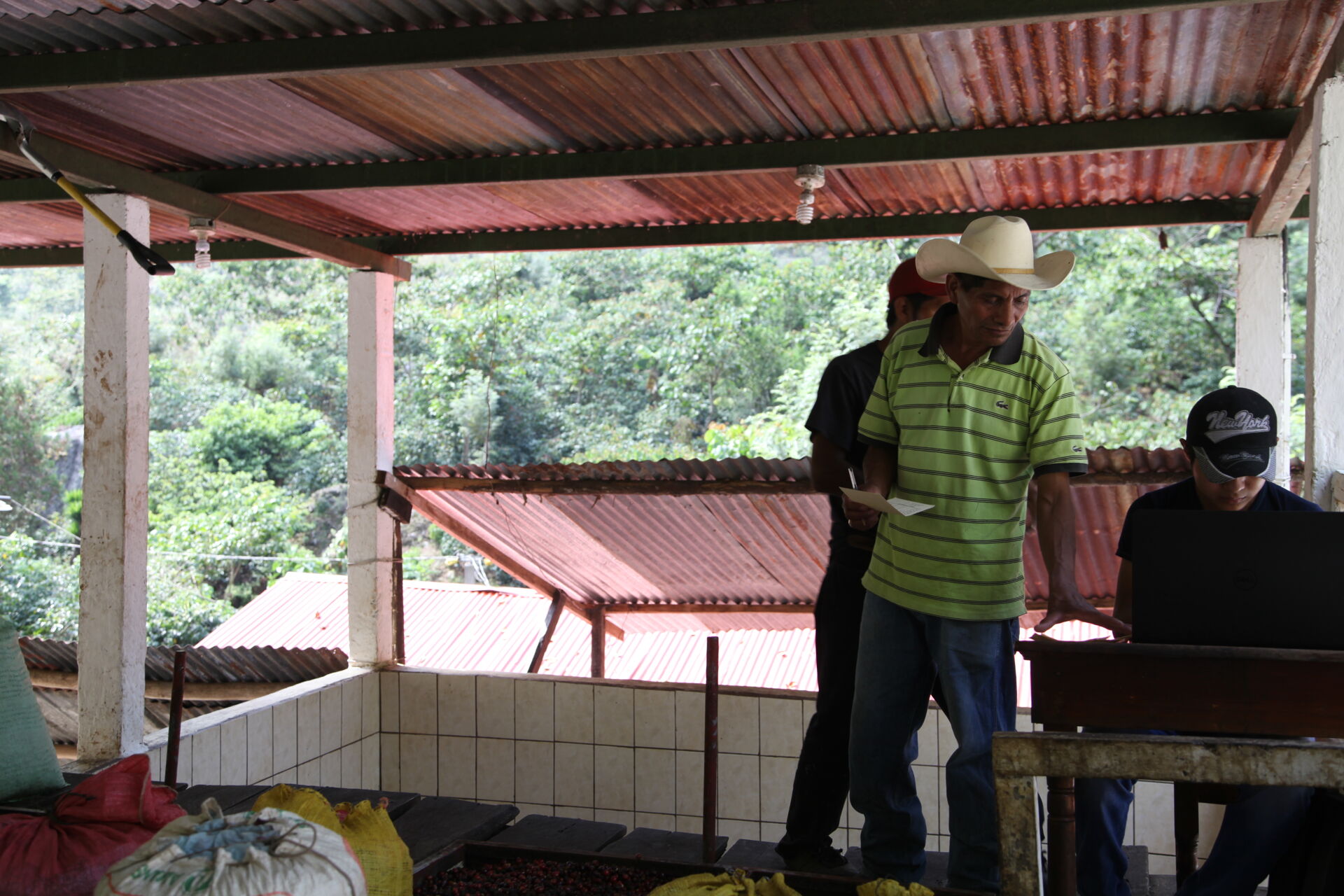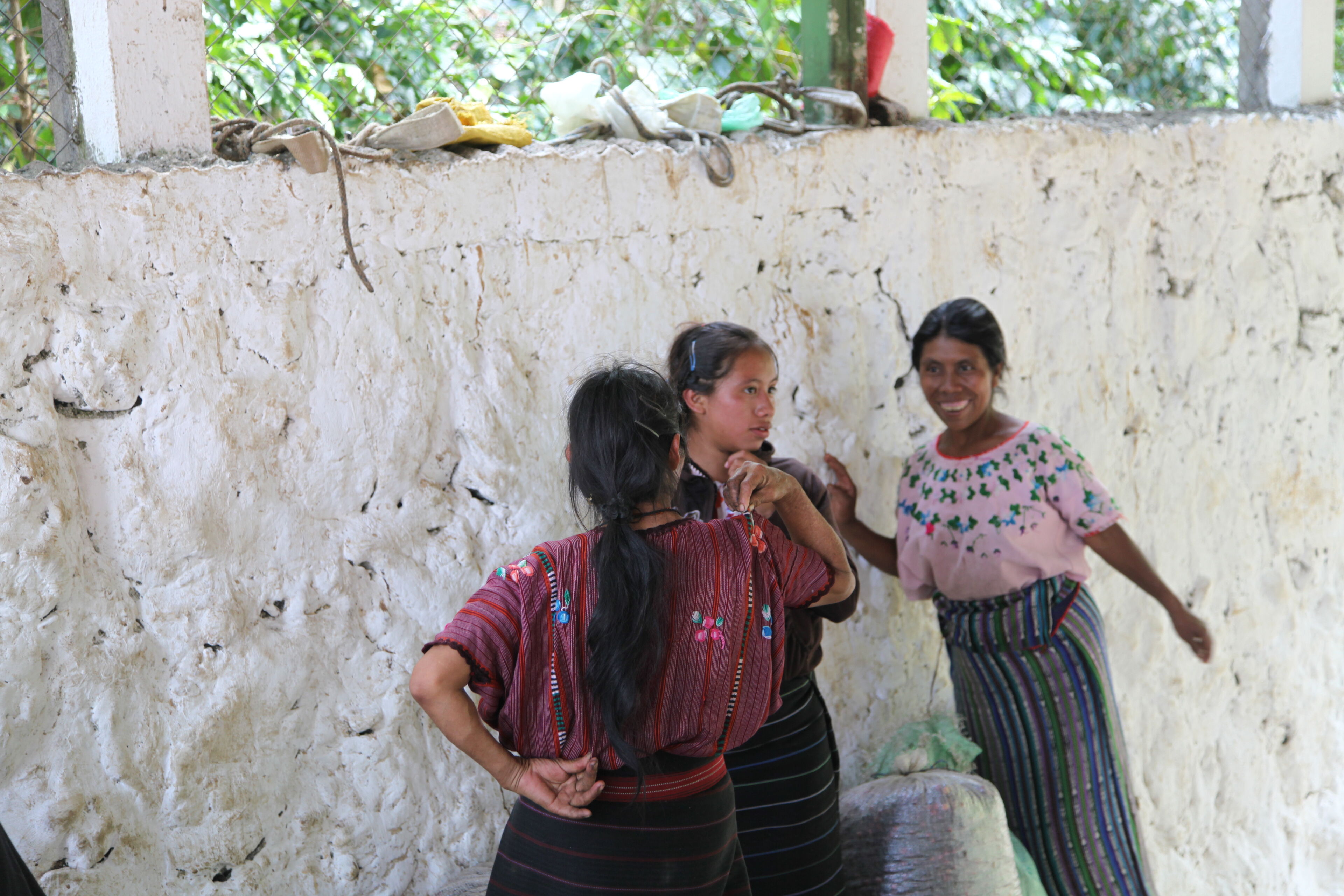
Project Qawale - Guatemala
The Qawale programme: support for the coffee community.
When
Project started in January 2018
Where
Huehuetenango - Guatemala
Who
Vides58
Presentation of the project
What is the context?
Qawale means partner in the Mayan language.
Renardo and Jacqueline Ovalle are long-standing Belco partner producers. Their 3 farms La Bolsa, El Rincon and Las Terrazas are located in the Huehuetenango region of Guatemala. After winning second place in the Cup Of Excellence in 2002 with a coffee from La Bolsa farm, they quickly made a name for themselves in Guatemala's speciality coffee market. Highly involved in social issues, they then decided to launch a project that would have a positive impact on the region's coffee-producing communities.
What does the project involve?
The Qawale programme: support for the coffee community.
The Qawale programme provides agronomic, technical, logistical and, above all, financial support for producers in the region.
What are the objectives?
1. Better remuneration based on quality.
The price paid is advantageous compared with other exporters, and a second payment, in the form of a premium, is made if their coffee reaches certain quality levels. Currently around 40% of coffees qualify for this premium.
2. Supporting quality through professional training for producers
Throughout the year, field visits to coffee growers are carried out by 5 Vides58 agricultural technicians to improve quality through training in good coffee production and processing practices.
3. Offer a local logistical solution for coffee collection
To save producers long and costly journeys to Huehuetenango.
4. Respect the work of the producers
Their coffees are not mixed with other coffees of different quality.
How many farms are involved?
Today, around 400 neighbouring farms (many of them very small farmers) choose to take part in the Qawale programme, and the programme is growing. This opportunity is leading some members of the community to hope to make coffee their sole source of income and thus to assert themselves as real coffee producers! Currently, the only other opportunity in the region is funded by migrant money earned in the USA. Independent interviews with farmers taking part in the programme highlight its essential role for the community surrounding La Bolsa.
What is the impact on the community?
To gain a clearer idea of the social impact of the Qawale programme, independent interviews were conducted with a representative sample of the producers supported.
Complete documentation
Page in PDF and QRCode in all languages
Support this project by buying this coffee.
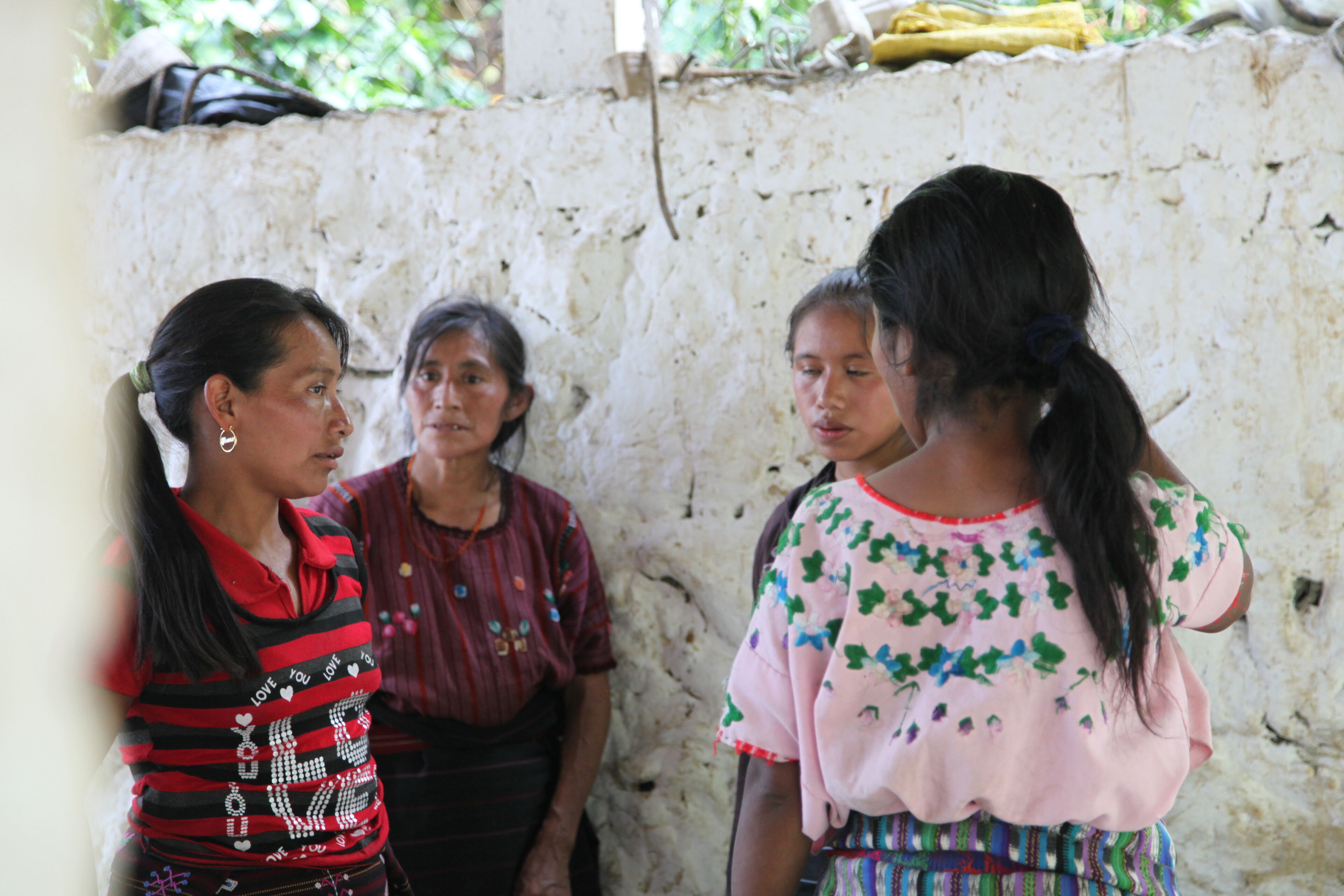
What are the results of the interviews?
43%
of producers have reinvested quality premiums in improvements to infrastructure and farming processes, such as better harvesting, processing, drying, grading and fertilisation.
71%
said that the potential quality premium was a key benefit, noted the pride and hope in their community for a more dignified life thanks to the Qawale programme, and said that they had conserved wooded areas or planted reserve areas that will be compensated by the Guatemalan government.
86%
saw no other way of earning a living apart from coffee in the region.
100%
of producers have covered their production costs, prefer to sell their coffee through the Qawale project than elsewhere and say that the training has enabled them to improve the quality of their coffee.
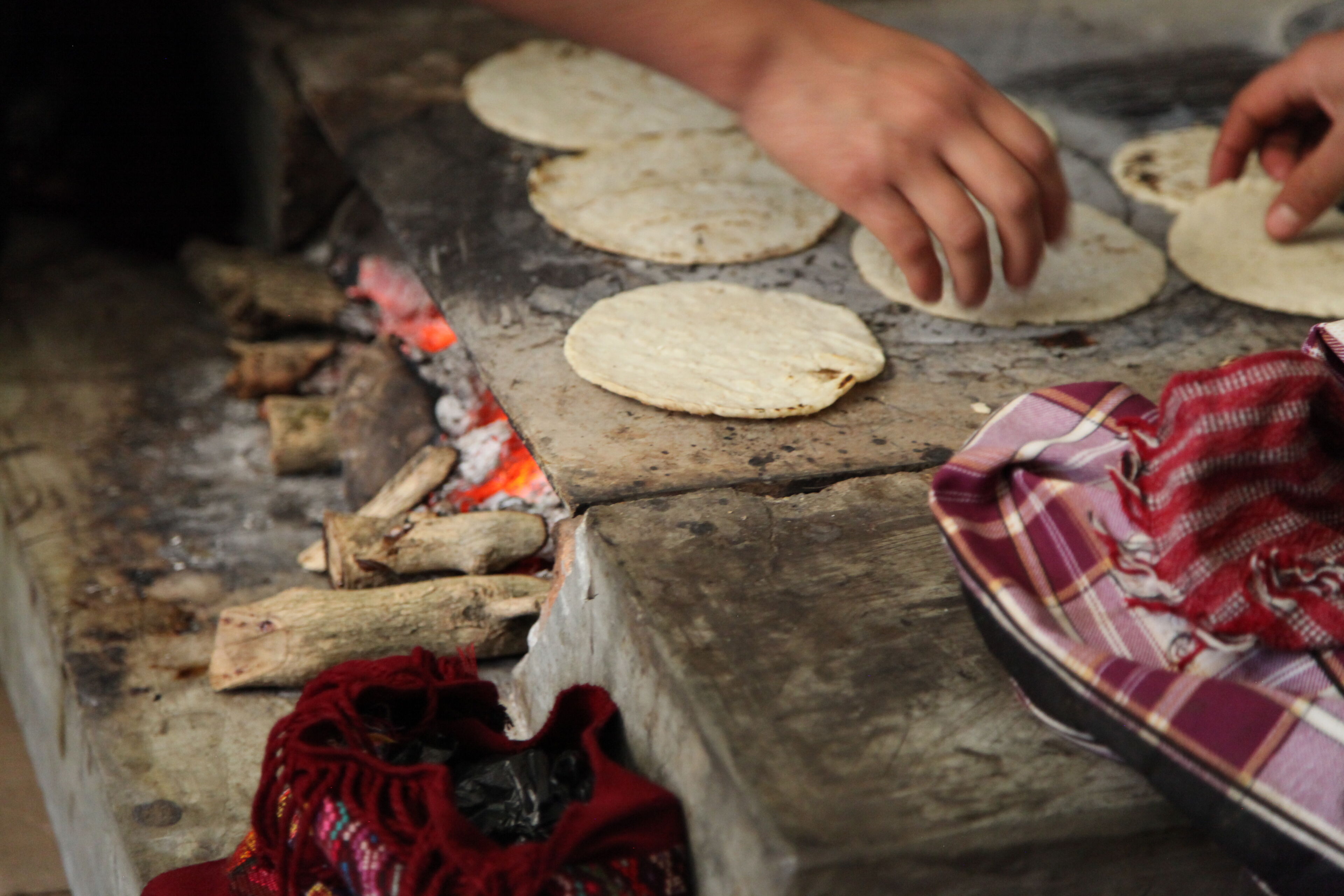
Focusing on the next generation
Education has always been a priority for the Ovalle family. In 1980, the family patriarch, Jorge Vides, set up a primary school at La Bolsa for the children of the farm workers. Today, 18 children benefit from the farm every year. For the past 8 years,
Vides 58 has been supporting the La Bolsa Childcare Centre in partnership with the NGO Coffee Care, which works in coffee-growing communities in Guatemala. Together they have built this nursery, which benefits both permanent and seasonal workers at La Bolsa, as well as children from the community of La Libertad.
In 2018, 89 children attended the day-care centre on a year-round basis and 48 children on a seasonal basis. All members of the educational team agree on the initial difficulty in convincing parents to leave their children, but also on the positive impact on the children's physical, emotional and social development. Many children are learning about hygiene and language, and the educational team believes that this short time in the nursery provides an opportunity for the children to learn and gives them the desire to learn more.
